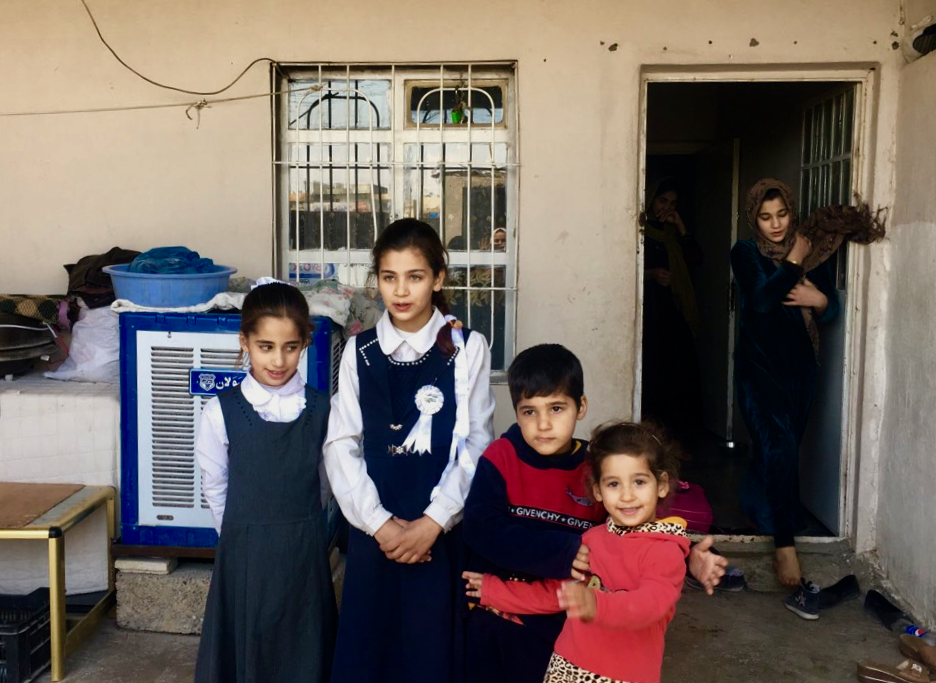A small grant helps Najla bake to sustain her family
Date:

Najla Khudair and her children survived the violence that swept across large parts of Iraq in 2017. But conflict and displacement took a toll on her psychological health. Things got worse when she lost her husband to a heart attack as he had been the family’s sole breadwinner. In 2018, she left her hometown of Al-Tuz in Salaheddin Governorate along with her seven children to seek safety and a better life in Kirkuk.
But her economic conditions kept worsening, as did her mental health. She was in dire need of help.
Najla was advised by other women in her neighborhood to seek help at a centre run by the Women Leadership Institute (WLI) in Kirkuk. WLI provides protection as well as psychosocial and legal support to vulnerable women, including survivors of violence, at two safe spaces in Anbar and Kirkuk. Supported by UN Women and the European Union (EU) in the framework of their regional programme “Strengthening the Resilience of Syrian Women and Girls and Host Communities in Iraq, Jordan and Turkey,” WLI has provided support to 160 women in Iraq. This regional programme is funded by the EU Regional Trust Fund in Response to the Syrian Crisis (the EU “Madad” Fund).
At the centre, Najla was provided with psychosocial support and advice by specialized social workers. Because of her serious financial hardship, she was also given a small grant to help her start a project and provide for herself and her children.
WLI provides such grants to vulnerable women to help them make a living and become self-sufficient. The grants cover start-up costs and are accompanied by training and coaching.
With the grant and necessary equipment provided by WLI, Najla has started a home-based bakery. This was a life-changing experience for her. She now makes a living and can provide for her family.
“Now, I feel much stronger than before” she told the WLI team during a follow-up visit. “I can live with dignity without needing help from others to feed my children.”